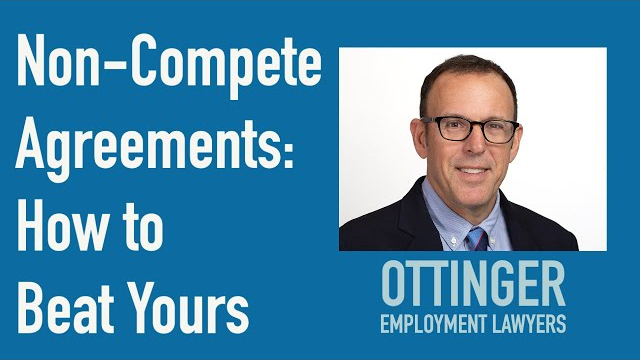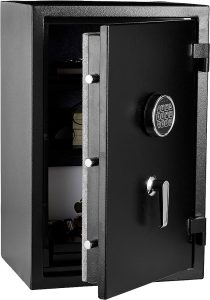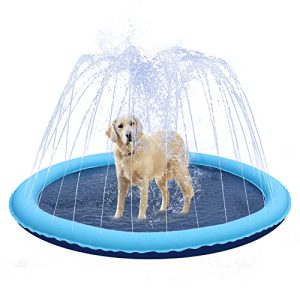Contents
- Understanding the Costs of Fighting a Non-Compete Agreement
- Factors Affecting the Cost of Fighting a Non-Compete Agreement
- Legal Consultation Fees
- Legal Strategy Development Costs
- Court Fees and Filing Costs
- Hiring Expert Witnesses
- Discovery Costs
- Document Production Costs
- Deposition Expenses
- Mediation or Arbitration Fees
- Attorney Fees for Trial
- Potential Damages and Settlement Costs
If you’ve ever found yourself entangled in a non-compete agreement and wondered about the financial implications of fighting it, then “Understanding the Costs of Fighting a Non-Compete Agreement” is here to provide you with all the answers. This informative article breaks down the various expenses associated with battling a non-compete clause, giving you a clear understanding of what you might expect financially. Whether you’re an employee, an employer, or just curious about the topic, this article is a must-read for anyone interested in exploring the costs of fighting a non-compete agreement.
Understanding the Costs of Fighting a Non-Compete Agreement
When faced with a non-compete agreement, it is important to understand the potential costs associated with challenging its validity. While the expenses may vary depending on the specific circumstances of each case, there are several key factors that can influence the overall cost of fighting a non-compete agreement. These factors include legal consultation fees, legal strategy development costs, court fees and filing costs, hiring expert witnesses, discovery costs, document production costs, deposition expenses, mediation or arbitration fees, attorney fees for trial, and potential damages and settlement costs. Let’s take a closer look at each of these factors to gain a better understanding of the costs involved.

Factors Affecting the Cost of Fighting a Non-Compete Agreement
Several factors can significantly impact the total cost of fighting a non-compete agreement. One crucial factor is the strength of the non-compete agreement itself. If the agreement is well-drafted and enforceable, it may require more resources to challenge it successfully. Jurisdictional laws and regulations also play a vital role in determining the costs. Different regions may have varying standards and requirements for non-compete agreements, which can affect the complexity and expenses of the legal proceedings. The time and complexity of the case, as well as the extent of the non-compete restrictions, can further contribute to the overall costs. Additionally, the resources available to the defendant and the plaintiff’s willingness to pursue litigation can impact the expenses involved in fighting a non-compete agreement.
Legal Consultation Fees
Seeking legal advice is often the first step in understanding the potential costs and viability of challenging a non-compete agreement. Preliminary legal advice can provide an overview of your rights and obligations under the agreement, allowing you to make an informed decision about proceeding with legal action. Depending on the complexity of your case and the attorney’s experience, legal consultation fees may vary. It is crucial to find an attorney who specializes in employment law and has experience dealing with non-compete agreements to ensure you receive accurate guidance.
Once you have decided to proceed with challenging the non-compete agreement, you may need to engage in a case evaluation and assessment with your attorney. During this process, your attorney will review the specifics of your case, gather relevant information, and analyze the strengths and weaknesses of your position. This evaluation will help determine the best legal strategy moving forward, but it may come with additional costs.
Legal Strategy Development Costs
Developing a solid legal strategy is crucial to effectively challenge a non-compete agreement. Your attorney will conduct extensive research and analysis to identify the strongest arguments and legal precedents that can support your case. Preparing legal arguments and identifying counterclaims, if applicable, are essential components of this process. The time and effort required to develop a comprehensive legal strategy can impact the costs associated with fighting a non-compete agreement.
Court Fees and Filing Costs
Initiating a lawsuit against the party enforcing the non-compete agreement involves various court fees and filing costs. These expenses cover the administrative and procedural aspects of the case. Filing the lawsuit itself incurs initial fees, and additional costs may arise when filing motions or requests related to the ongoing litigation. Additionally, obtaining copies, transcripts, and other necessary documentation throughout the legal proceedings may contribute to the overall expenses incurred.

Hiring Expert Witnesses
In certain cases, hiring expert witnesses can significantly impact the cost of fighting a non-compete agreement. Expert witnesses possess specialized knowledge and experience in specific fields relevant to the case. Engaging these experts can help strengthen your argument by providing professional opinions and analysis. Identifying and retaining suitable experts can involve additional fees, and their preparation of expert reports and testimony can further contribute to the costs.
Discovery Costs
The discovery process entails gathering evidence and information relevant to the case, and it can incur various expenses. Interrogatories and requests for production of documents are commonly employed to obtain crucial information. However, drafting, reviewing, and responding to these discovery materials can require significant time and effort from your legal team, contributing to the overall costs involved. Deposition costs, including attorney fees and court reporter fees, also fall under the category of discovery expenses. Analyzing and reviewing the obtained discovery materials adds further costs to this phase of the legal proceedings.
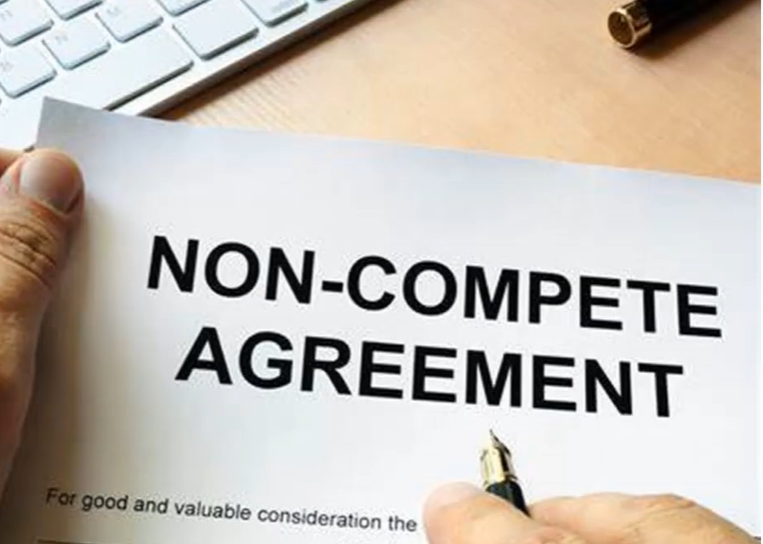
Document Production Costs
Organizing and collecting relevant documents necessary for your case is an important aspect of fighting a non-compete agreement. This process includes compiling relevant records, correspondence, and other documents to support your argument. The costs associated with organizing and collecting these documents can depend on the volume and complexity of the materials. Additionally, reviewing and analyzing the gathered documents will require your legal team’s time and expertise. Preparing document exhibits for trial purposes may also contribute to the overall document production costs.
Deposition Expenses
Depositions are critical components of legal proceedings, allowing both parties to gain insight into each other’s arguments and evidence. However, conducting depositions incurs expenses such as attorney fees, court reporter fees, and transcription and deposition copying costs. These costs can accumulate, particularly in cases where multiple depositions are necessary or the depositions are prolonged.

Mediation or Arbitration Fees
In some cases, parties may choose to engage in mediation or arbitration as an alternative dispute resolution process. These methods can potentially help resolve the issues regarding the non-compete agreement without the need for a trial. However, participating in mediation or arbitration comes with its own set of costs, including fees for the mediator or arbitrator. While these fees may vary, they should be considered when assessing the overall cost of fighting a non-compete agreement.
Attorney Fees for Trial
Should the case proceed to trial, attorney fees will become a significant portion of the overall costs. Trials can involve lengthy court appearances, extensive research and preparation, witness examinations, and additional legal proceedings. The total attorney fees for trial depend on the complexity and duration of the trial, as well as the rates charged by your legal representation.
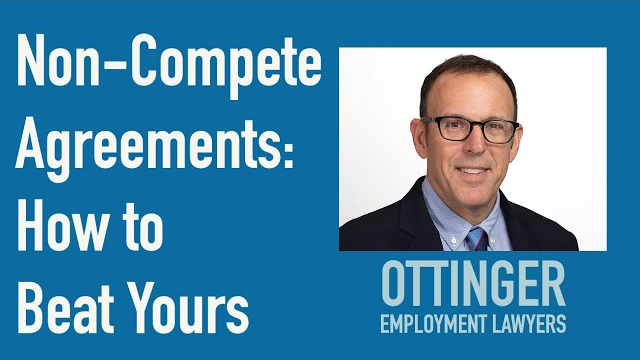
Potential Damages and Settlement Costs
The ultimate outcome of fighting a non-compete agreement can result in various potential damages and settlement costs. If successful, you may claim indemnification payments to recover any financial losses resulting from the agreement’s enforcement. Additionally, reputation damage compensation may be sought if the non-compete agreement has negatively impacted your professional standing. Settlement negotiation and administration costs can also arise if the parties agree to resolve the dispute outside of court.
In conclusion, while the cost of fighting a non-compete agreement may vary depending on the specific circumstances of each case, it is important to consider the various factors that can influence these costs. Seeking legal consultation, developing a solid legal strategy, court fees and filing costs, hiring expert witnesses, engaging in the discovery process, document production costs, deposition expenses, potential damages and settlement costs, and attorney fees for trial are all essential aspects that contribute to the overall expenses. By understanding these factors, you can make informed decisions and navigate the process more efficiently. Remember to consult with an experienced employment law attorney to guide you through the complexities of challenging a non-compete agreement.

